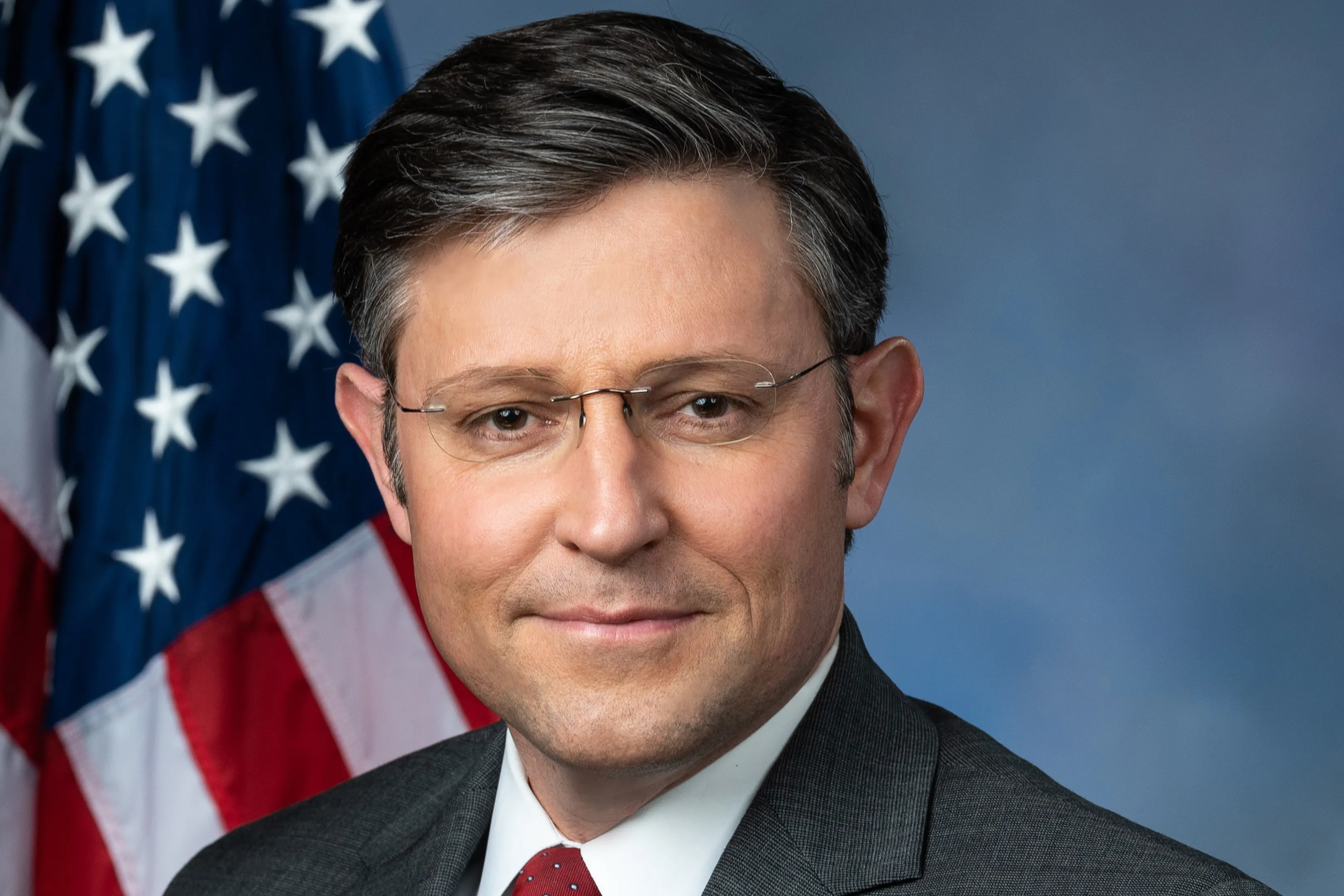
Daily Audio Newscast - October 22, 2024
News from around the nation.
Arkansas business owners collaborate to help ALICE residents; Trump took a turn at the fryer. McDonald's workers have thoughts; Audit finds California higher-ed transfer portals too narrow; Michigan State U. expands access, affordability for Indigenous students.
Transcript
The Public News Service Daily Newscast, October the 22nd, 2024.
I'm Mike Clifford.
A new program is being launched across Arkansas to help members of the ALICE community.
We get more in this Little Rock Public Radio, Winthrop Rockefeller Foundation, Arkansas News Service collaboration.
ALICE is an acronym for Asset Limited, Income Constrained and Employed.
It describes Arkansans who are working but still struggle to make ends meet.
The latest statistics show that nearly half of Arkansas' 1.2 million households could be considered ALICE.
Molly Palmer with Heart of Arkansas United Way says the new initiative called ALICE at Work will teach business owners how to support their ALICE employees.
The program offers a variety of tools including individualized data reports, comprehensive course curriculum and self-directed action planning to help businesses better understand the challenges their employees face.
Palmer says three Arkansas-based financial institutions, Encore Bank, Southern Bank Corp. and Diamond Lakes Federal Credit Union have joined the program's first cohort.
I'm Freda Ross reporting.
Meantime, Donald Trump was loving it at a photo op on Sunday at a McDonald's in Bucks County, Pennsylvania in one of the tightest battleground states for the election.
He served generously salted french fries to hand-chosen patrons and held court for the cameras.
That from the New York Times.
The Times reports that several actual McDonald's workers examining video of Trump's performance a day later were less enthused.
"He doesn't seem to know how to do it," said David Yee, a 22-year-old employee of the McDonald's on Canal Street in lower Manhattan.
He added, "The box is like backwards," perplexed as the former president shoveled a scoopful of fries the wrong way into the iconic red carton.
Meantime, it's not easy for California students to transfer among community colleges, Cal State and UC, and advocates want to see that fixed.
A recent audit found very low transfer rates for California community college students, especially students of color.
The data show from 2017 through 2019, just 21 percent of these students who intended to transfer to a four-year school did so within four years.
Linda Becker with the nonprofit Merit America says this highlights the structural barriers within the education system.
"The high costs in California is a real barrier for people to be able to access education.
At the same time, we know that with just a high school degree, you really are excluded from a lot of jobs."
The report called for schools to make sure more of their classes count for transfer to a UC school and to expand the Associate Degree for Transfer program.
It offers a streamlined transfer pathway to CSU campuses.
This is Suzanne Potter reporting.
Find our trust indicators at publicnewsservice.org.
This is Public News Service.
Michigan State University has launched a new program to expand educational opportunities for Native American students across the country.
The Native American Tuition Advantage Program, or NATAP, gives out-of-state Indigenous students access to in-state tuition, helping to remove the financial barriers that have made it harder for many people to pursue higher education.
According to Kevin Leonard, head of MSU's Native American Institute, the idea for this program came after years of conversations between the Native American community, MSU staff and students.
"A lot of our people were relocated all over the country, all over the North American continent.
We really felt for those First Nation relatives, we should have something like a tuition reciprocity where at least they could attend MSU at in-state tuition at the bare minimum."
Leonard says getting students enrolled is only the first step.
He says his department will expand programs, cultural activities and resources to give students the support they need to succeed and graduate.
Support for this reporting was provided by Lumina Foundation.
Crystal Blair reporting.
We head next to Mississippi where some people won't be able to vote in the general election due to a past felony conviction.
We get the details from our Daniel Smith.
Research by the Sentencing Project says more than 68,000 Mississippians are among the 4 million Americans with felony convictions who are denied voting rights.
Nicole D. Porter with the Sentencing Project says the national total has come down since it peaked in 2016, but still several million Americans are disenfranchised.
"Not many of those people are completing their sentence inside of prison and jail, but many people are disenfranchised living in the community after incarceration.
They're either on community supervision, on felony probation or parole, or they are post-sentenced in states like Mississippi."
The report reveals from 2022 to 2024, only 79 restorations were reported in Mississippi.
And finally, our Kathleen Shannon lets us know, from Little Red Riding Hood to the Halloween thriller Wolfman, stories often paint wolves as scary creatures.
But conservationists say that's the wrong view.
Most gray wolves across the contiguous U.S. are protected under the Federal Endangered Species Act.
An exception includes the Northern Rocky Mountain population in parts of Wyoming, Idaho and Montana, where states are in charge of managing wolf populations.
Wolves have proved polarizing in recent years, but Eric Cluess with Defenders of Wildlife says they don't need to be.
"The preferred outlook really is just wolves as a native wildlife species on the landscape rather than treating it as either this pure icon of wilderness or this bloodthirsty animal that's out there trying to reduce elk or deer populations or decimate livestock."
This is Mike Clifford for Public News Service, member and listener supported.
Hear us on interesting radio stations, your favorite podcast platform, and find our test indicators at publicnewservice.org.

















